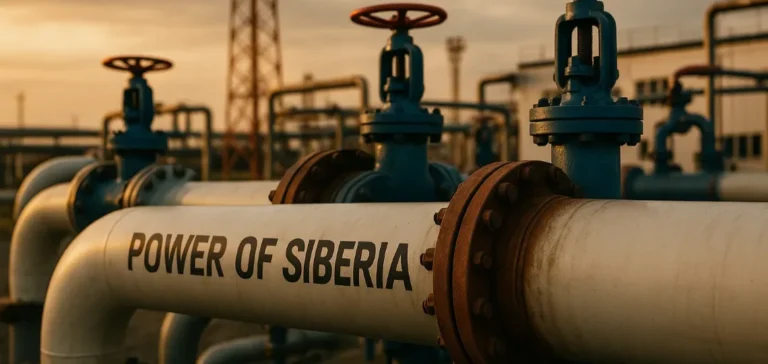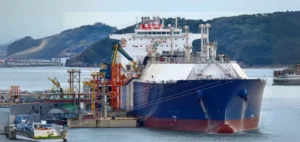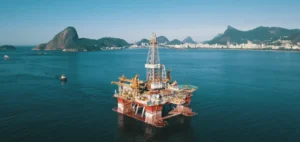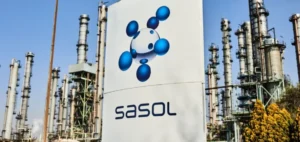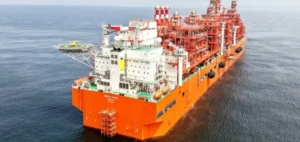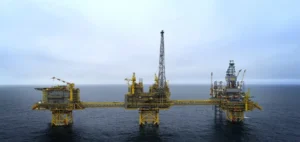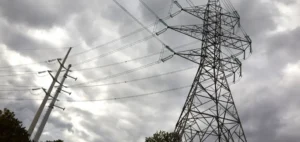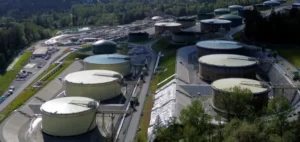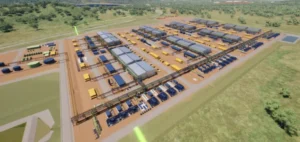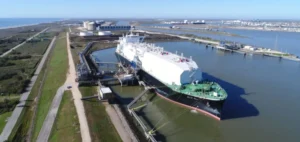Data released by the General Administration of Customs of China shows a marked increase in Russian pipeline gas imports during the first seven months of 2025. Valued at a total of 5.69 billion US dollars, these deliveries represent a 21.3% rise compared with the same period in 2024. Russia thus established itself as the leading supplier of pipeline gas to China, according to the figures provided.
By comparison, Chinese imports from Turkmenistan fell by 12.7%, reaching 4.95 billion dollars. They were followed by Myanmar with more than 922 million dollars, Kazakhstan with around 600 million dollars, and Uzbekistan with about 460 million dollars. China imported a total of 21.1 billion dollars’ worth of pipeline gas during the period, an increase of 8.6% compared with 2024. Russian deliveries, in value, rose by 25% to reach 8.03 billion dollars.
Pipelines: regional rebalancing in Russia’s favor
The evolution of gas import flows suggests a gradual consolidation of Russia’s position in the Chinese market, even though the physical volumes of deliveries were not specified by the Chinese administration. This shift comes in a context of regional diversification of suppliers, where Russia appears to be strengthening its market share despite global demand fluctuations.
On the liquid hydrocarbons side, the trend is different. According to Chinese customs, imports of Russian crude oil decreased by 7.6% in volume over the same period, reaching 57.71 million tons. In value terms, these deliveries fell by 21.3% year-on-year, amounting to 29.48 billion dollars.
Monthly variation and long-term oil trends
For the month of July alone, Russia supplied 8.7 million tons of oil to China, a 4.2% increase compared with the previous month. This rise translated into a value of 4.31 billion dollars, up by 9.2%.
Despite this decline over the first seven months of 2025, Russia remains the main crude oil supplier to the People’s Republic. In 2024, Russian oil exports to China recorded a slight increase of 1.3% compared with 2022, reaching 108.47 million tons.
These contrasting developments in gas and oil highlight an adjustment in trade flows in line with China’s needs and Russia’s export capacities. For market participants, the current trend could influence medium-term projections on the structure of Sino-Russian energy trade.


